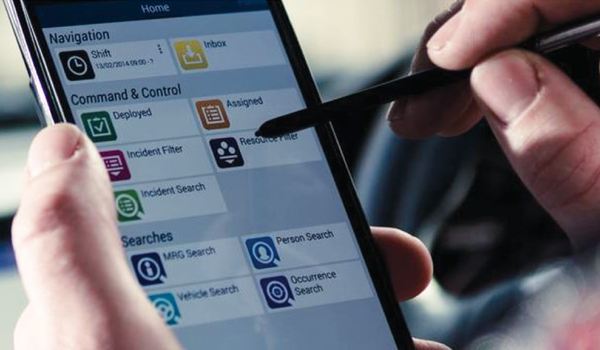Unlocking data offers huge opportunity
Mobile technology, data analytics, automation and machine learning, collaboration tools, cloud all these technologies are transforming the way government and law enforcement agencies work.
Mobile technology, data analytics, automation and machine learning, collaboration tools, cloud all these technologies are transforming the way government and law enforcement agencies work. From major incidents to online safety, from modern slavery to cybercrime, technology has enormous potential to transform how we keep the public safe and secure in the digital age, explained Henry Rex, programme manager for justice and emergency services at industry representative body techUK. Speaking as part of techUKs recent Security and Law Enforcement Campaign Week, that highlighted how technology is transforming policing and public safety, Michael Jensen, of data integration software specialist Informatica, said decision-makers in the police now need to consider how digital transformation can be an effective enabler of change. Modern-day policing still aligns to the Peelian principle: To recognise always that the test of police efficiency is the absence of crime and disorder, said Mr Jensen. Chief constables are very much aware that on a day-to-day basis, data keeps people in their communities safe and, more so, sharing data across organisational boundaries makes more people even safer. The public now expects multi-channel engagement, timely interactions and improved end-to-end experiences from all public services. They should also expect the police to lead on digital intelligence and investigations, and the digital transfer of evidence with criminal justice partners. Mr Jensen said this is an opportunity to make continual process improvements based on the data that these interactions generate, combined with all the other data available within policing systems. However, he said this data was mostly recorded within a variety of disparate, often legacy-based, information systems. As police forces are responding to the social and technology challenges of the 21st century, the importance of the data itself, as opposed to the applications and information systems that contain the data, is becoming more visible and important, explained Mr Jensen. The key to the success for the future of policing will be the ability to provide frontline staff with easily accessible, up-to-date, accurate insight derived from this data. In doing so, police officers and staff require situational awareness data that is relevant to that time and place. This will ensure dynamic and effective delivery to service users and their ability to pre-empt or quickly respond to incidents in the most effective manner. Mr Jensen said this insight, delivered right to the frontline, has the potential to substantially improve the efficiency and effectiveness of the police service. He says working in partnership with other frontline agencies and service providers creates the opportunity to further augment the data and the potential to radically improve the engagement process with the public. It could create new and exciting opportunities to alter the delivery of emergency frontline services; increase the citizen focus; build trust and enhance the perception of and confidence in public service providers, added Mr Jensen. This data-driven transformation will support the network policing concept and greater collaboration between police forces, other law enforcement agencies and other emergency services, particularly in respect of specialist capabilities. Greater volumes of high-quality data support better decision-making, both at the tactical and strategic levels. However, he warned that retaining this public trust would also be dependent upon the security of the data and close control over access to it. Current control mechanisms are inadequate, as evidenced by the thousands of unauthorised data access requests and data breaches that are recorded in policing each year, said Mr Jensen. The ability to securely unlock the potential of data in existing and new systems provides a huge opportunity to drive positive change for police services, and deliver truly transformational digital services i


